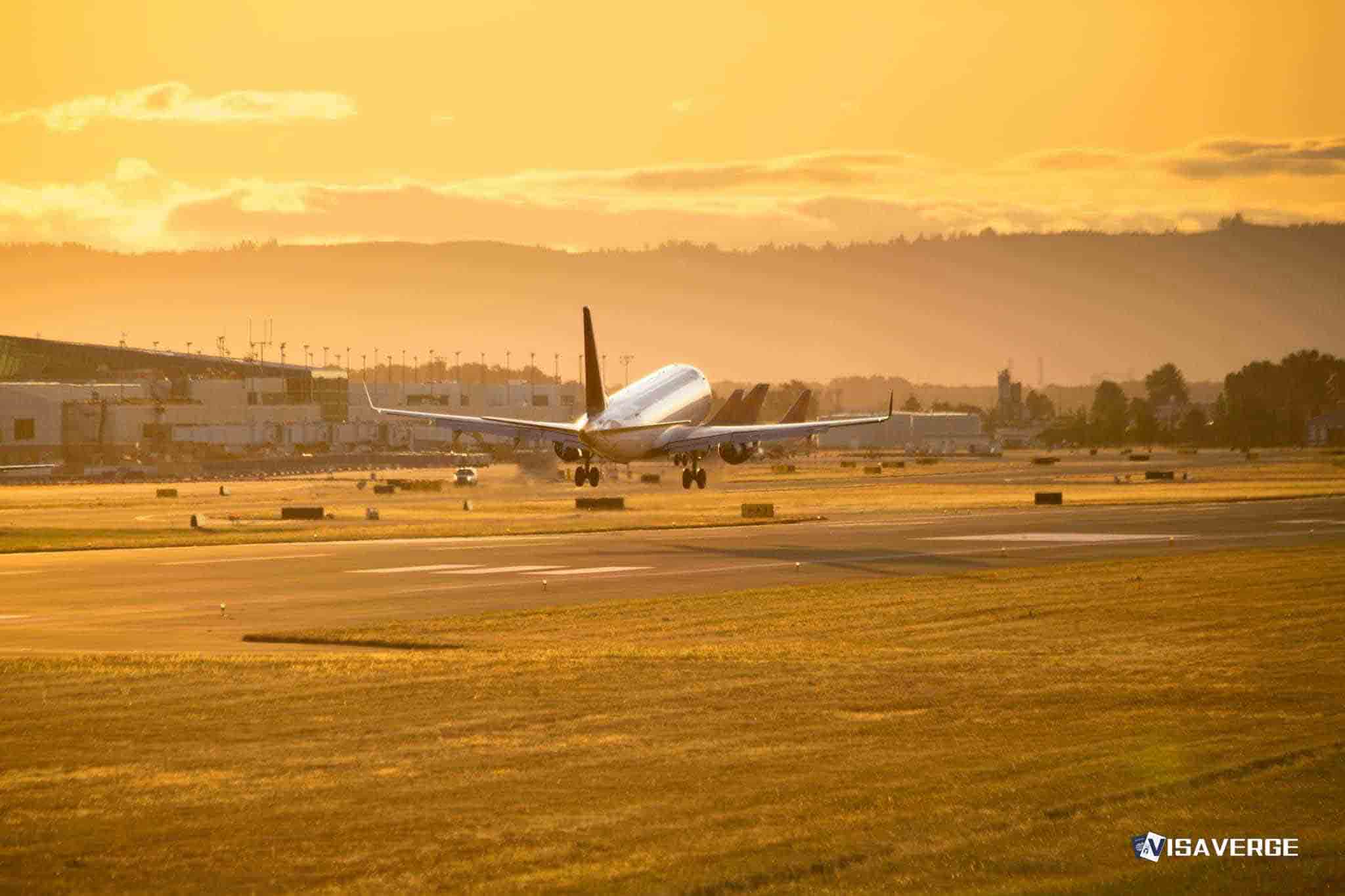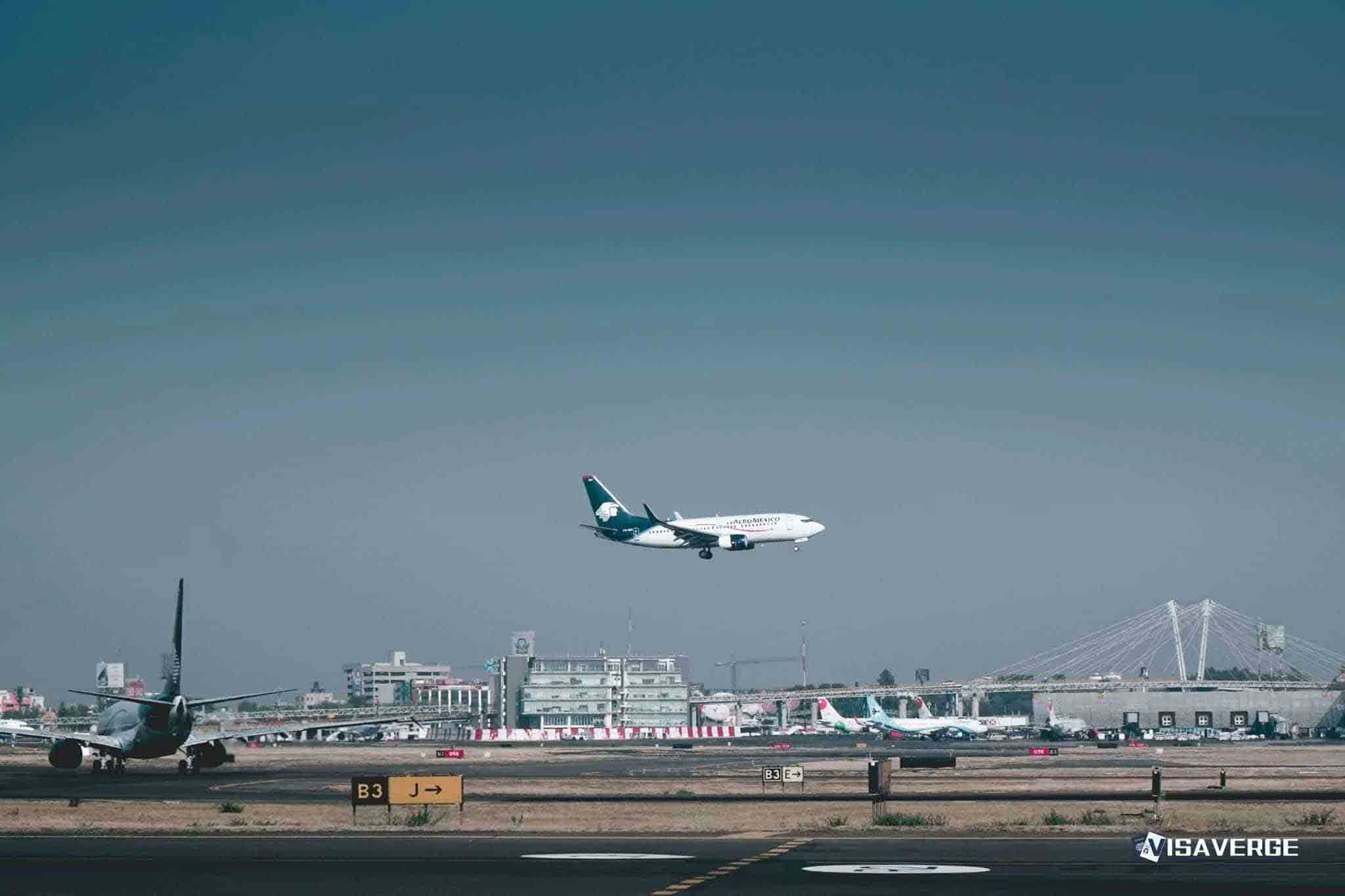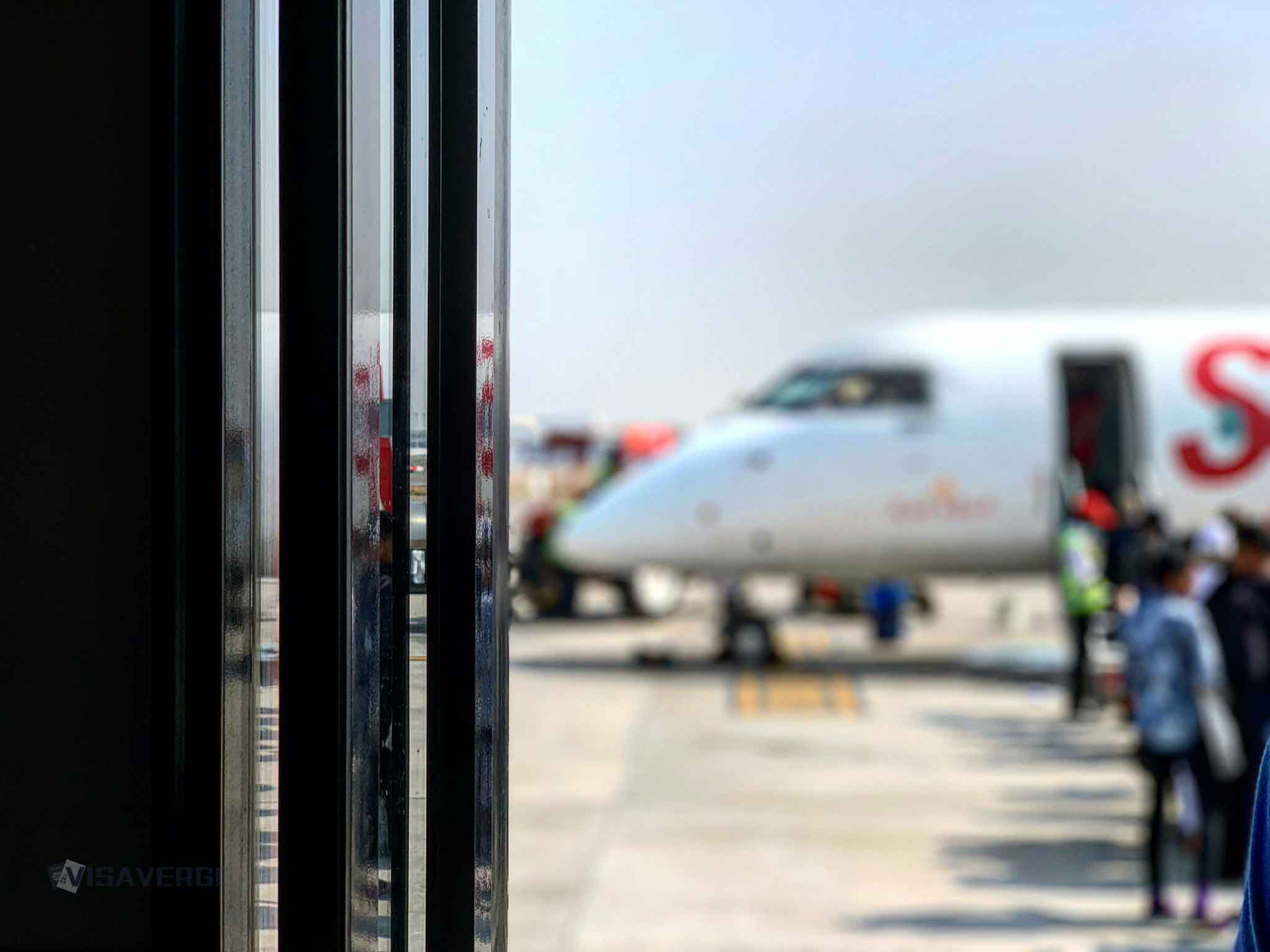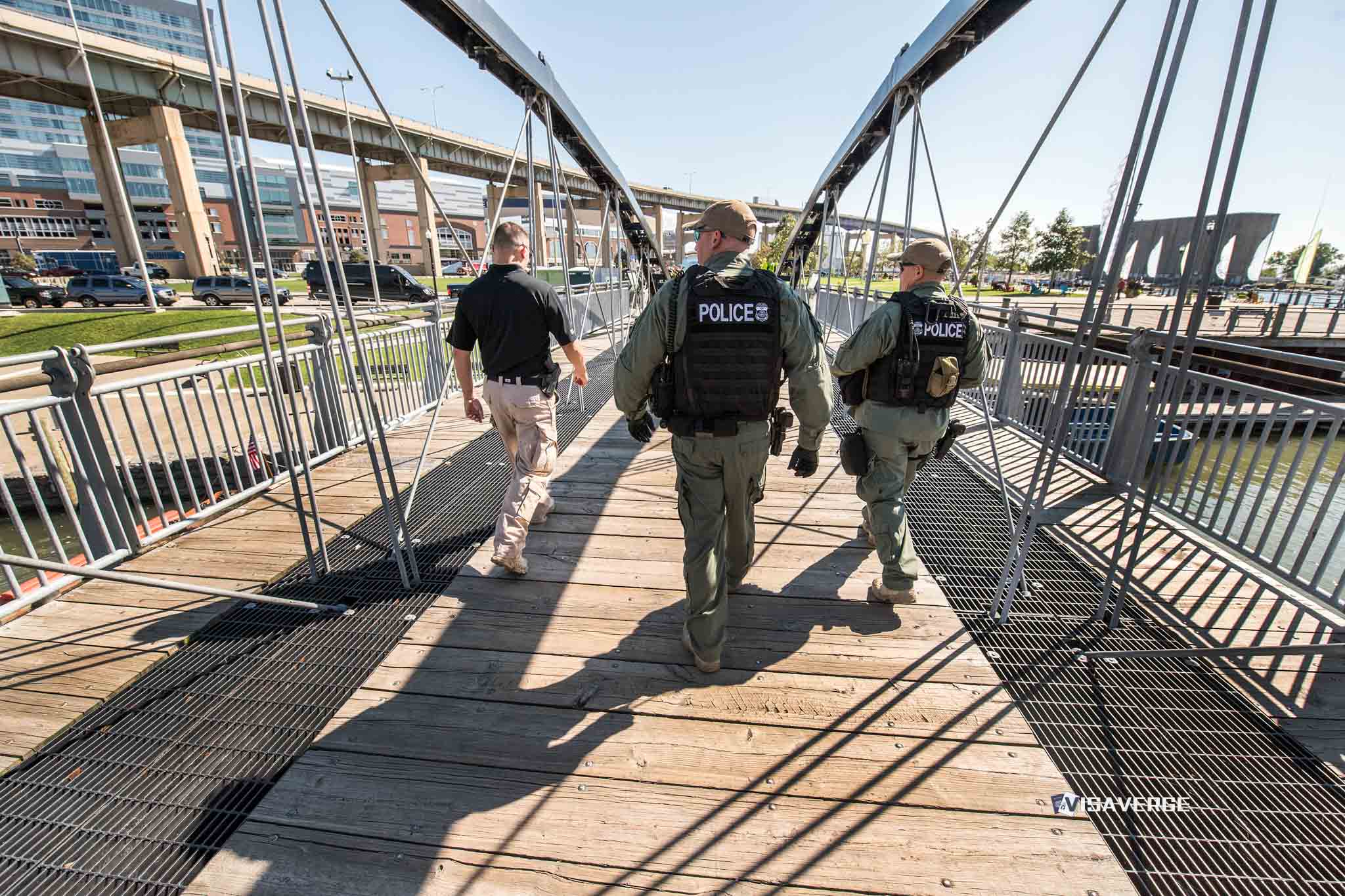(UNITED STATES) The U.S. Department of Transportation has quietly dropped a closely watched proposal that would have forced airlines to pay cash compensation to passengers for major flight disruptions, even when travelers chose to continue their journeys. The proposed rule, first announced on November 17, 2025, has now been withdrawn and will not move forward, leaving millions of domestic and international passengers with refund rights, but no broader payment guarantee, when trips fall apart.
What the DOT is doing instead

Rather than pursuing the broader compensation plan, the DOT under the Biden-Harris Administration is emphasizing a rule already in place: a requirement that airlines provide automatic cash refunds when flights are canceled or significantly changed, or when checked baggage is badly delayed.
- Refunds must be offered in cash or to the original form of payment when a qualifying disruption occurs and the traveler declines an alternative.
- Passengers don’t have to chase vouchers or fight the airline to receive money back.
Officials say the withdrawal of the compensation proposal is a reset, not a retreat. The department is still considering separate rulemaking that could one day require mandatory passenger compensation and amenities for delays and cancellations. The public comment period on that effort closes on May 13, 2024, indicating the DOT is testing how far it can go without triggering legal challenges from airlines.
What qualifies as a “significant change”
The DOT defines a “significant change” under the refunds rule to include:
- Departure delay of more than 3 hours for domestic flights
- Departure delay of more than 6 hours for international flights
- A change in departure or arrival airport
- A downgrade in class of service
- Other major itinerary shifts
If a passenger faces one of these changes and chooses not to travel on the altered flight, the airline must return the money. This protection covers many overseas travelers—tourists, temporary workers, international students, and people visiting family in the 🇺🇸—who often book complex itineraries months in advance.
Baggage delays and fee refunds
The rule also covers lost time at the baggage carousel:
- When checked bags are “significantly delayed,” airlines must provide a refund of any baggage fees.
- Analysis by VisaVerge.com notes this is especially important for foreign nationals arriving with documents, medicines, or job-related materials in checked luggage.
While the rule doesn’t compensate for stress or lost opportunities, it prevents airlines from keeping fees when the service clearly fails.
Reactions: advocates, airlines, and immigration lawyers
Consumer advocates reacted with mixed feelings:
- Some urged the DOT to follow the European Union model, where passengers can receive fixed payments for long delays and cancellations even when they accept rebooking. They argue refunds alone may not change airline behavior.
- Others worry a strict compensation regime could raise ticket prices, disproportionately affecting low-income travelers and newly arrived immigrants who rely on the cheapest fares.
Airlines largely welcomed the withdrawal:
- Industry officials say mandatory cash compensation would be unfair for disruptions caused by weather, air traffic control, or other factors beyond carrier control.
- They argue the existing refund rule balances accountability without turning every delay into a payout.
- Airlines also point to voluntary commitments—meal vouchers, hotel stays, frequent-flyer miles—though those are not guaranteed and often depend on passengers asking.
Immigration lawyers and advocates see the current framework as an improvement:
- Many recall cases where international students or new workers lost hundreds when flights changed and they felt pressured to accept unusable credits.
- With automatic cash refunds now required for qualifying cancellations and major schedule changes, these travelers have clearer grounds to insist on money back and choose an alternative airline or route that fits immigration deadlines or consular appointments.
Ongoing gaps and real-world impacts
Despite the refund rule, gaps remain:
- A traveler stuck overnight because of a long delay may receive only a refund if they choose not to fly; there is no guarantee of additional compensation for expenses like meals or hotels.
- Many immigrants, visitors, and mixed-status families cannot skip flights because of consular interviews, biometrics appointments, court hearings, or job start dates. These passengers may:
- Take the delayed flight
- Absorb extra hotel and food costs
- Have no right to additional payment under current DOT rules when they arrive late
The DOT says it is studying these real-world impacts while reviewing thousands of comments on the pending proposal for future mandatory compensation and amenities. That future policy, if finalized, could require airlines to provide:
- Meals
- Hotel stays
- Ground transport
- Direct payments for certain delays or cancellations within an airline’s control
Officials emphasize no final decision has been made, and the November 2025 compensation rule will not be revived in its original form.
How travelers can protect themselves now
Travelers who want to understand current refund rights can review guidance on the U.S. Department of Transportation website:
– https://www.transportation.gov/airconsumer
The DOT guidance explains when automatic cash refunds apply and how to file complaints if airlines refuse to pay. The department encourages passengers to:
- Keep records of schedules, receipts, and communications
- Especially document complex international trips that may involve code-share flights or separate tickets (often used by cost-conscious immigrants flying between smaller cities and major hubs)
Key takeaway: Passengers in the United States have a strong right to get their money back when flights are canceled or significantly changed and they decide not to travel, but they do not yet have a general right to cash compensation on top of that.
For many travelers—especially those crossing borders for work, study, or family—the difference between a refund and additional compensation can be the gap between recovering lost funds and absorbing a serious financial hit.
This Article in a Nutshell
The DOT has withdrawn its November 17, 2025 proposal to mandate cash compensation for disrupted flights, leaving automatic cash refunds as the primary protection. Refunds are required for cancellations, significant schedule changes (domestic delays over three hours, international over six, airport changes, downgrades), and significant baggage delays. Airlines and consumer groups disagree on next steps. The department is reviewing public comments through May 13, 2024, on potential future rules that could mandate compensation and amenities. Travelers should document schedules and receipts and consult DOT guidance to enforce refund rights.








